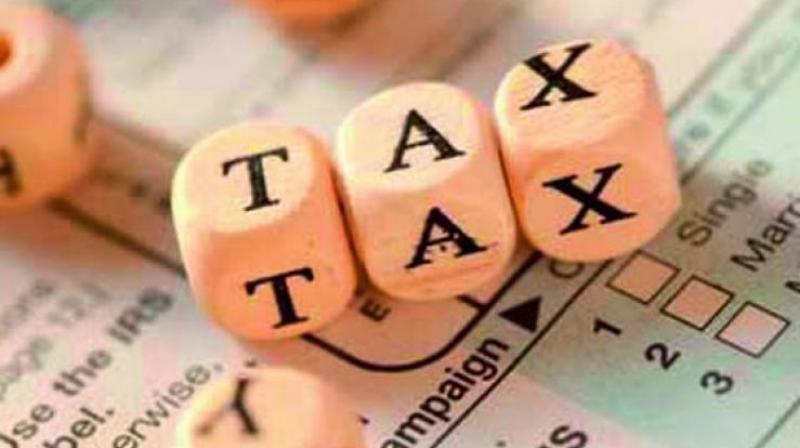I-T Dept Rejects Adjustment or Refund for Satyam Computers Tax Paid During Scam Years

HYDERABAD: The income-tax department on Thursday informed the Telangana High Court that the Income-Tax Act would not allow adjustment or refund of the tax paid by Satyam Computers for the years 2002-08.
Additional solicitor-general B. Narasimha Sarma said this before a bench of Justice P. Sam Koshy and Justice N. Tukaramji, which was hearing the pleas filed by Tech Mahindra (formerly Satyam Computers), challenging the refusal of the I-T department to accept the revised returns filed for the years when B. Ramalinga Raju, then chairman of Satyam Computers, had inflated revenues and paid taxes on fictitious income.
When the Satyam Computers scam came to light, the CBI and the Serious Fraud Investigation Office (SFIO) had conducted an investigation and found that the claim of the income generated in those years was false. It was found that the company had paid Rs 126 crore as income-tax on the fictitious amounts.
Tech Mahindra, which took over Satyam Computers, had approached the Central Board of Direct Taxes (CBDT) to reassess the income-tax based on the amount shown by the CBI and the SFIO. The CBDT rejected its plea and Tech Mahindra challenged this rejection order.
Earlier, the High Court had asked the I-T department as to whether a departmental wing of a government can retain the unlawful tax on fictitious revenues, and was there any chance to refund the amount as claimed by Tech Mahindra.
On Thursday, Narasimha Sharma said that neither the reports of the probe agencies nor the judgment of the trial court in Satyam scam case, can be the sole basis for I-T department decisions,
Refuting the contentions of the income-tax department, senior counsel Jehangir Mistry, representing Tech Mahindra, said the I-T department was seeking to impose Rs 2,000 crore tax by withdrawing deductions availed by the company during the scam period. The I-T department had stated that since Raju had cooked up the financials, they cannot be claimed to avail deductions, Mistry said.
The court adjourned the case to the third week of January.

